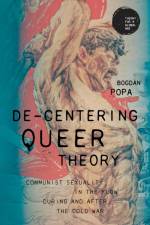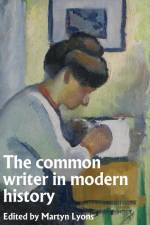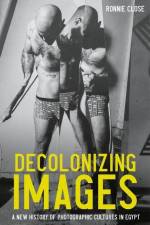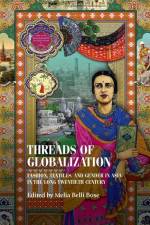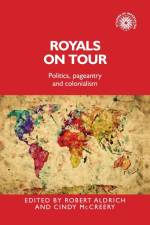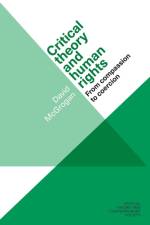av Melia Belli Bose
1 231
Threads of globalization is the first collection to examine the interplay of gender, textiles, fashion, labour, and heritage across Asia. It features chapters on India, Pakistan, Bangladesh, Bhutan, Cambodia, the Philippines, China, Taiwan, Japan, and the Asian diaspora throughout the long twentieth century. This richly illustrated interdisciplinary volume situates fashion, including specific garments, motifs, materials, and methods of production, at the nexus of modernity, tradition, and identity, bringing these factors into Pan-Asian dialogue. Exploring the impact of textiles and garments on both national and local cultural identity, as well as gender identity and personal expression, Threads of globalization also investigates how garment and textile production has influenced women's creative agency. The final section of the book examines examples of 'artivism' (art+activism) that critique the often-gendered structural violence and environmental impacts of the global fashion industry. Threads of globalization's uniquely interdisciplinary contributors - scholars of art history, history, fashion, anthropology, and curators working across Asia - provide a fresh and timely inquiry into these intersectional topics from the late nineteenth century to today.










